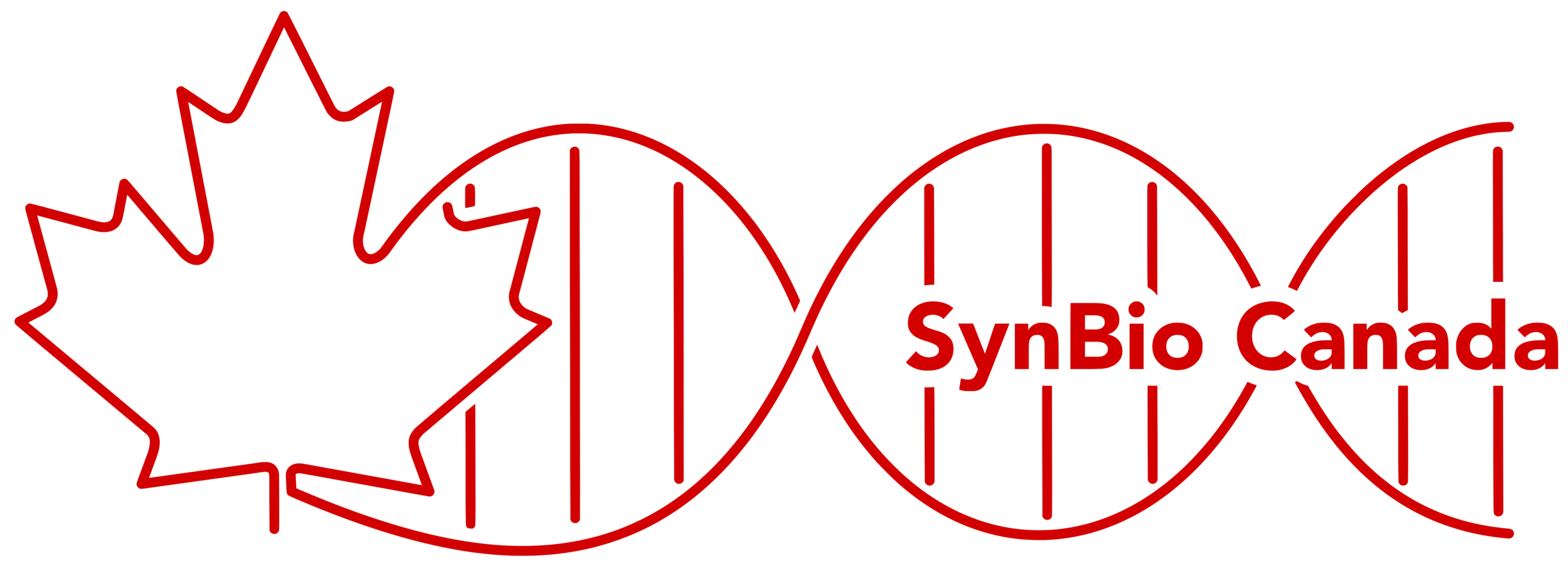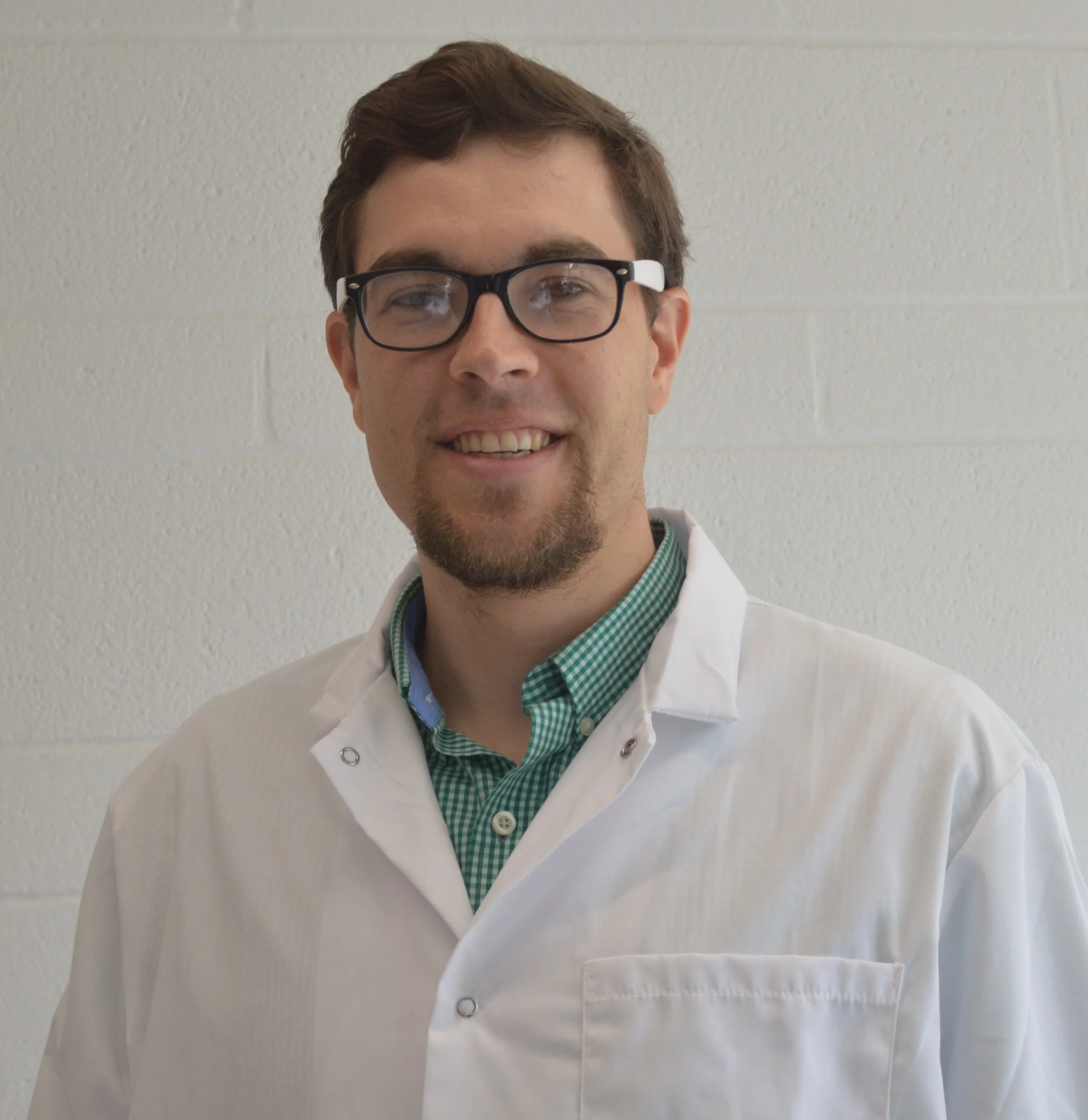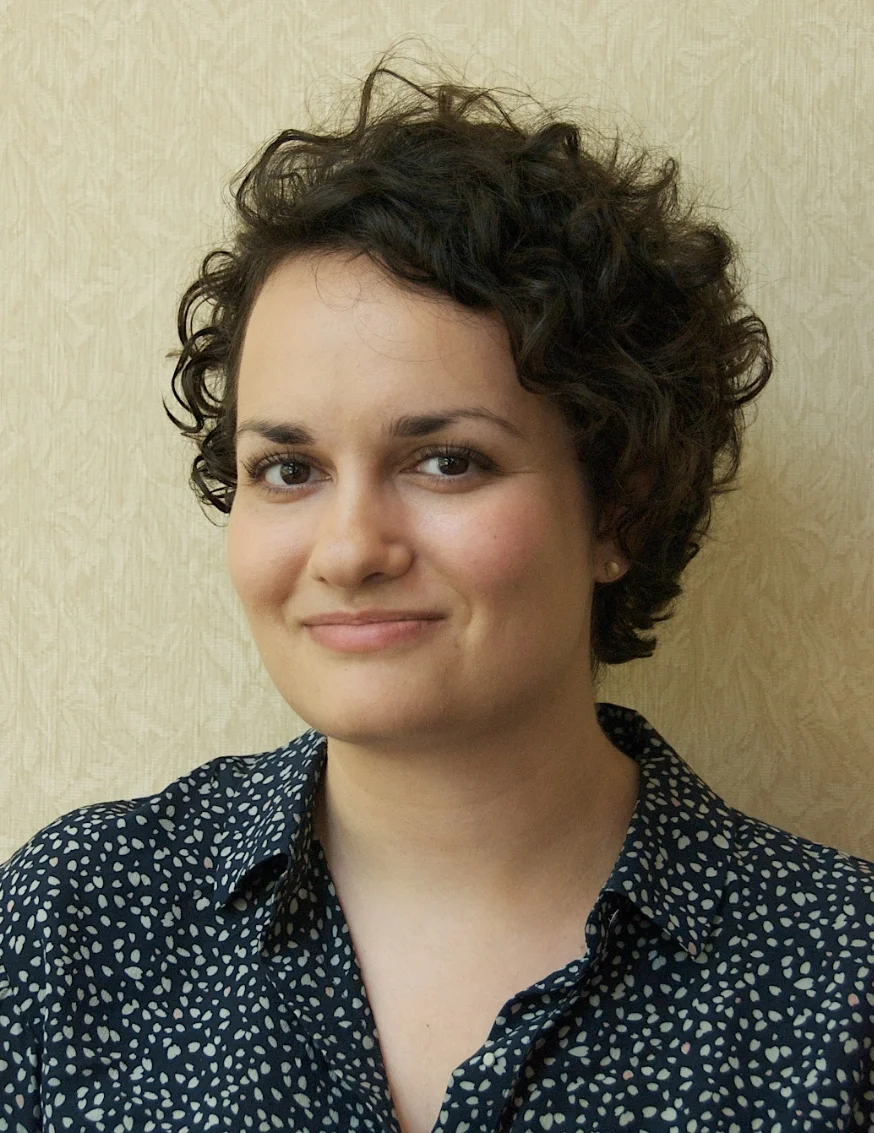Development of yeast chassis for synthetic biology applications.
Read MoreWe take advantage of latest synthetic biology approaches to increase the scale or resolution at which we can interrogate the systems biology of the cell.
Read MoreUsing humanized S. cerevisiae (baker's yeast) as a platform to develop new medicines.
Read MoreDr. Hallam directs the ECOSCOPE innovation ecosystem consisting of an NSERC CREATE training program, a research network, a core facility for high-throughput screening and a curriculum development initiative in data science based on four research and training pillars.
Read MoreWe are a systems genetics and synthetic biology group interested in repurposing model organisms by humanizing yeast. Our laboratory aims to engineer human biological processes in simplified cells to study disease and evolution.
Read MoreWe investigate how phenotypes and disease states emerge from the interplay of genetic determinants in yeast and human cells.
Read MoreWe are utilizing Synthetic Biology tools for improving the productivity of agricultural crops. Specifically, we apply precise gene editing tools to improve tolerance to pests, diseases and abiotic stress of economically important agricultural crops, such as wheat, canola and pulse.
Read MoreResearch in the Karas lab is focused on developing innovative genetic tools to enable the engineering of microbes to produce medicines, DNA storage technologies, food and next-generation fuels.
Read MoreIntersection of genome sequencing/bioinformatics, interpretation and editing.
Read MoreBioZone aims to use Bioengineering to create a sustainable world by making industrial processes more sustainable, remediating humanity's environmental impact, and improving health outcome.
Read MoreWe are synthetic biologists with a strong penchant for metabolic engineering and industrial strain improvement. We like yeast but will play with other unicellular bugs as well.
Read MoreChimeric antigen receptor T cells (CAR-T) are an exciting new avenue to redirect immune cells to target and kill cancer. While breakthroughs in CAR-T therapy have led to life-saving treatments for patients with previously incurable leukemia, such therapies have been less successful against solid tumours.
Read MoreAs a bioethicist, I am interested in the science and development of synthetic biology and in ethical questions that arise from its use, as well as in its impact on health care, the workforce and the environment.
Read MoreMy research group at the University of Guelph is developing new CRISPR-based platforms for functional genomic analysis in fungal pathogens.
Read MoreResearch in the Zandstra Laboratory is focused on the generation of functional tissue from somatic and pluripotent stem cells. Our quantitative, technology-driven approach strives to gain new insights into fundamental mechanisms that control stem cell fate and to develop robust technologies for the propagation of stem cells and their derivatives.
Read MoreMy lab will open in July 2018 at the Department of Molecular and Cellular Biology, University of Guelph. We are creating synthetic proteins using bimolecular engineering approaches to accelerate understanding of biology and development of novel therapeutics.
Read MoreSynBioApps offers graduate training in the various technologies of synthetic biology, including work in Concordia University’s Genome Foundry.
Read More
















